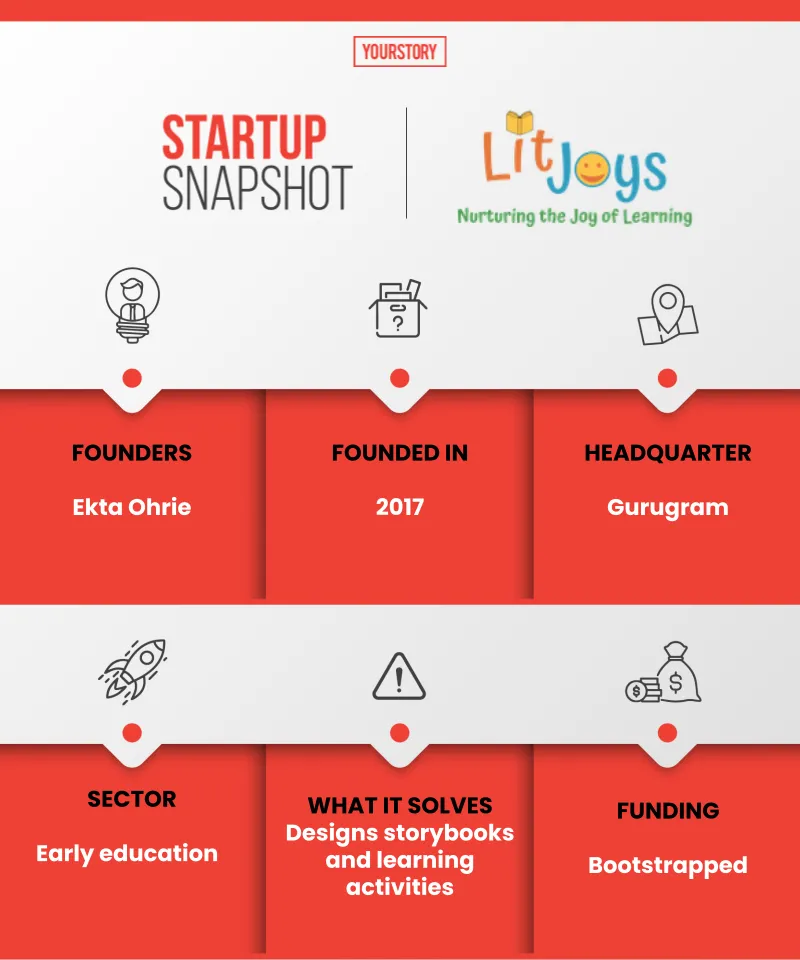
By Tenzin Norzom
About ten years ago, when Ekta Ohri had a family friend over for dinner, she recalls her friend’s three-year-old daughter glued to her iPad and the little girl wouldn’t even greet others.
“It was just so disturbing to see her hooked to the iPad. She spent about three hours with us and not for a minute did she look up. That is when I earnestly felt something needs to be done to get children off technology,” says Ekta, an architect and anthropologist.
A lot of things prompted her on the path of entrepreneurship, the first being her work at a consulting firm, dealing with many sectors, including education, that continued to whet her interest in children’s behaviour and learning.
Becoming a mother herself and the book Toxic Childhood by British psychologist Sue Palmer made her more resolute to address children’s overdependence on digital screens.
After quitting her job in 2016, Ekta began her research by offering free workshops to parents and children to understand the parenting challenges and child psychologies and behaviours.
“These workshops helped me understand that the first way to disconnect children from technology is by connecting them to nature. It enhances their observation, improves their curiosity, gets them to think more, and it also makes them truly happy,” Ekta tells HerStory.
In 2017, she founded LitJoys, a Gurugram-based learning venture that aims to make young children become more compassionate, responsible, and happy people through stories and experience-based learning activities.
It offers storybooks and activity-based products like Travel Diaries and Apple Food Menu which is a game designed to change fussy eating habits.
Learning with Abdu
Abdu is a young boy, inspired by her own son, who cares about climate change and is respectful of people from different races, religions, and walks of life. He is the central character in her storybooks The Gulmohar Tree and City of Stars, through which Ekta hopes to spread the message of being eco-friendly and adopting an inclusive attitude. Her upcoming book Time Stories hopes to impart the value of punctuality and be more respectful of other people’s time as well.
Ekta also dabbles with different formats to provide an interactive reading experience and communicate larger issues and well-researched content in simple and relatable ways.
She says, “No child will read an information-loaded book on pollution. So, I called it City of Stars and contextualised it in a way to say that you are not getting to see the stars because of certain environmental problems.”
Designed in a calendar format with one story a month, children are also encouraged to carpool with friends and practice other eco-friendly behaviours to earn stickers and note down what they talked about during the ride in the book.
Ekta says that parents also learn by reading and engaging in these activities with their children. The entrepreneur notes that children can be powerful agents of change as they can convince their parents and grown-ups in the family to switch to healthy and sustainable habits more than anyone else.
“I realised that through my initiative, the books, and the learning products, I can not only address some of these key parenting challenges and bring back the joy of learning in children, but also address some of these key societal issues,” she adds.

Scaling at her pace
As a storyteller, Ekta begins by narrowing down on topic areas that she feels are important and develops on it through her observation and further research online.
She also draws inspiration from the childhood lessons she learnt from her father as well. Growing up in Delhi, Ekta recalls her father frequently visiting Japan and returning home to tell her stories of how the Japanese value cleanliness and are always punctual.
“But more importantly, as I saw most people losing a sense of time since the Covid-19 outbreak, I was moved to write the Time Stories, which also carries the message to be happy no matter what the circumstances are and to live in the moment,” she explains.
After soldiering alone for the first three years since quitting her job, Ekta now has a close-knit team to discuss and review her work. Besides her website, she sells on platforms like Amazon and has managed to sell about 3,000 units of storybooks, games, and learning activity products.
However, Ekta emphasises the venture is less concerned about hitting sales records in the market and wants to grow at its own pace. Despite players like Smartivity and FlintoBox sharing the market space to get children off technology, the entrepreneur says there is no direct competition as the approaches and product offering are significantly different. “While these brands engage children in activities based in science, maths, and engineering, LitJoys is addressing parenting and larger societal challenges as well,” Ekta adds.
“One can definitely speed production, but unless there is some value created, it becomes obsolete,” she says, stating that is also the reason she has self-funded the business so far and is happy to onboard individual investors in her network than have institutional VCs infuse funds.
Today, her books and activity kits are running solely word-of-mouth. Ekta has also been invited for speaker sessions at many schools and continues to engage virtually today.
Despite interest from international clients, the entrepreneur is currently focussed on the Indian market and says the first user-testing begins with her own son and his friends.




